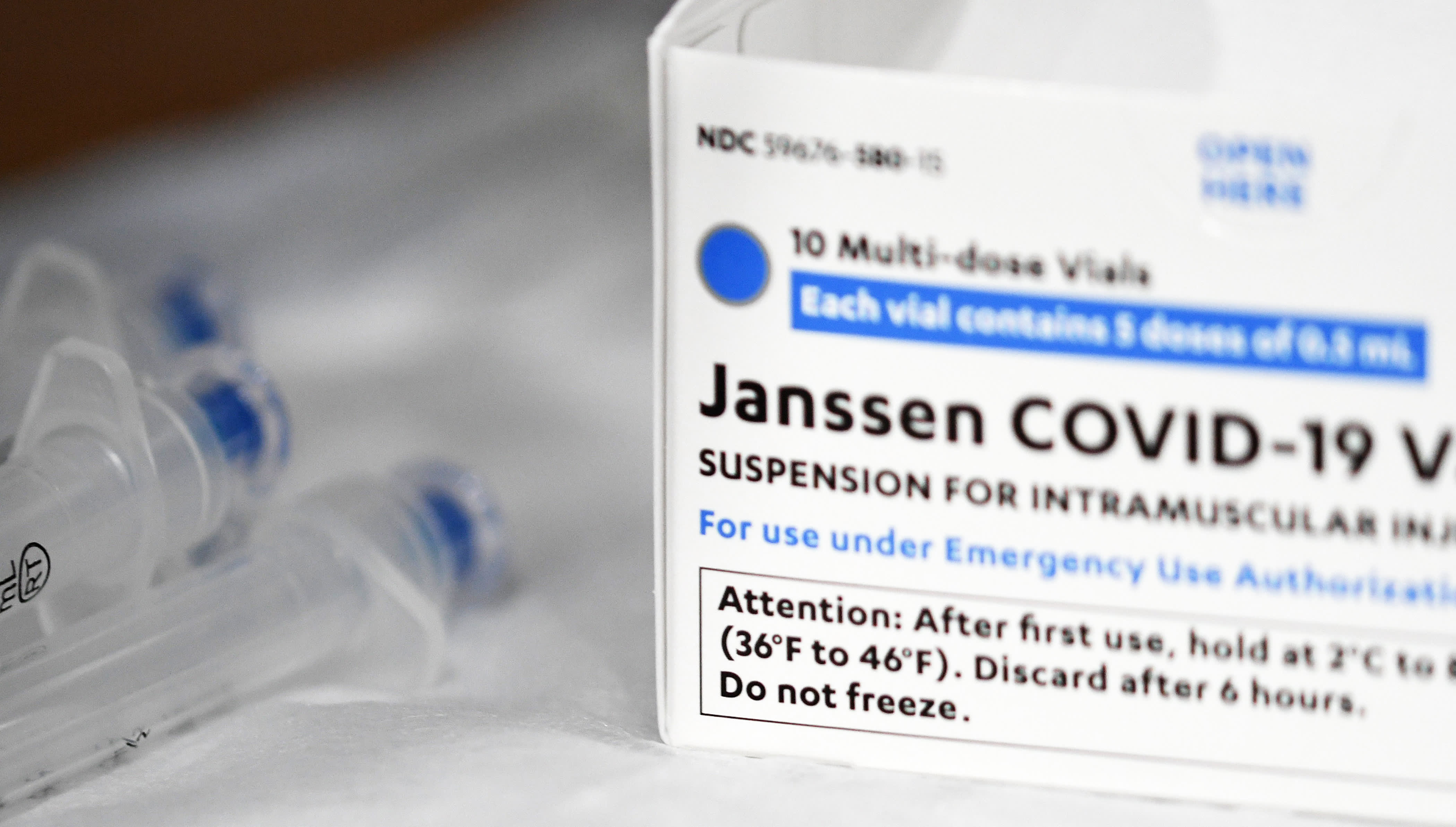Members of the Food and Drug Administration’s key advisory committee on vaccines criticized the speed with which the agency was reviewing Johnson & Johnson’s Covid booster trials as well as the lack of verified data presented before the panel Friday.
Their comments came before the panel of outside experts unanimously voted to recommend the company’s booster shots for all individuals over 18. J&J submitted its booster data to the FDA 10 days before the Vaccines and Related Biological Products Advisory Committee’s meeting.
Agency officials acknowledged in their presentations that they had not yet verified all the data submitted by J&J.
“Is there an option of saying it’s a little early? There are a number of issues that are still outstanding,” committee member Dr. Cody Meissner asked FDA offiicals. “There are a lot of uncertainties at this point, making it hard to vote for or against this tonight.”
FDA medical officer Dr. Timothy Brennan told the advisory committee that one of the trial’s examining the side effects of J&J’s booster had just 17 participants ages 18 to 55. Brennan said the trial’s sample size prevented him from drawing any conclusions on the data, but noted that the figures appeared to be show fewer side effects after the booster than after the first dose.
Brennan’s presentation also said the data from J&J had not been confirmed. J&J reported that 47% of the 17 participants reported headache, while 26% reported fatigue and 21% reported muscle pain after getting a booster.
“What puzzled me was, in the briefing documents and in their presentations today, they spoke repeatedly about data not being verified by the FDA,” committee member Dr. Archana Chatterjee said of J&J. “And the question I had around that is [what is] the reason for bringing this before VRBPAC without being able to verify the data.”
Committee Chair Dr. Arnold Monto explained that the lower performance of J&J’s vaccine compared with Pfizer and Moderna’s played a role in the rapid pace of the review.
“There is a public health imperative here,” Monto said, “because what we’re seeing is this is a group with overall lower efficacy than we have seen with the mRNA vaccines, so there is some urgency to do something.”
Dr. Peter Marks, director of the FDA’s center for biologics and research, asked that the panel move forward with the meeting before addressing any members’ outstanding concerns. He said the FDA reviewed immunogenicity data on thousands of participants from J&J before Friday’s meeting, a process that ordinarily would’ve taken months to complete.
“I would suggest we work our way through the process, go through the questions, and if at the end of the day the feeling of the committee is that this is not ready, I think we can have some comments after that would go along the lines of what could be done to make this acceptable in the future,” Marks said.
Although committee member Dr. Michael Nelson said J&J’s data was “a little bit immature and somewhat scant in multiple areas,” he said he thought the safety and efficacy data they had so far was enough to support emergency use in the U.S.
